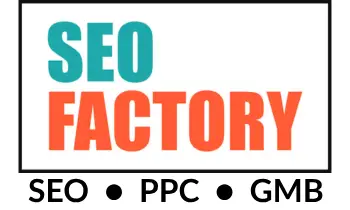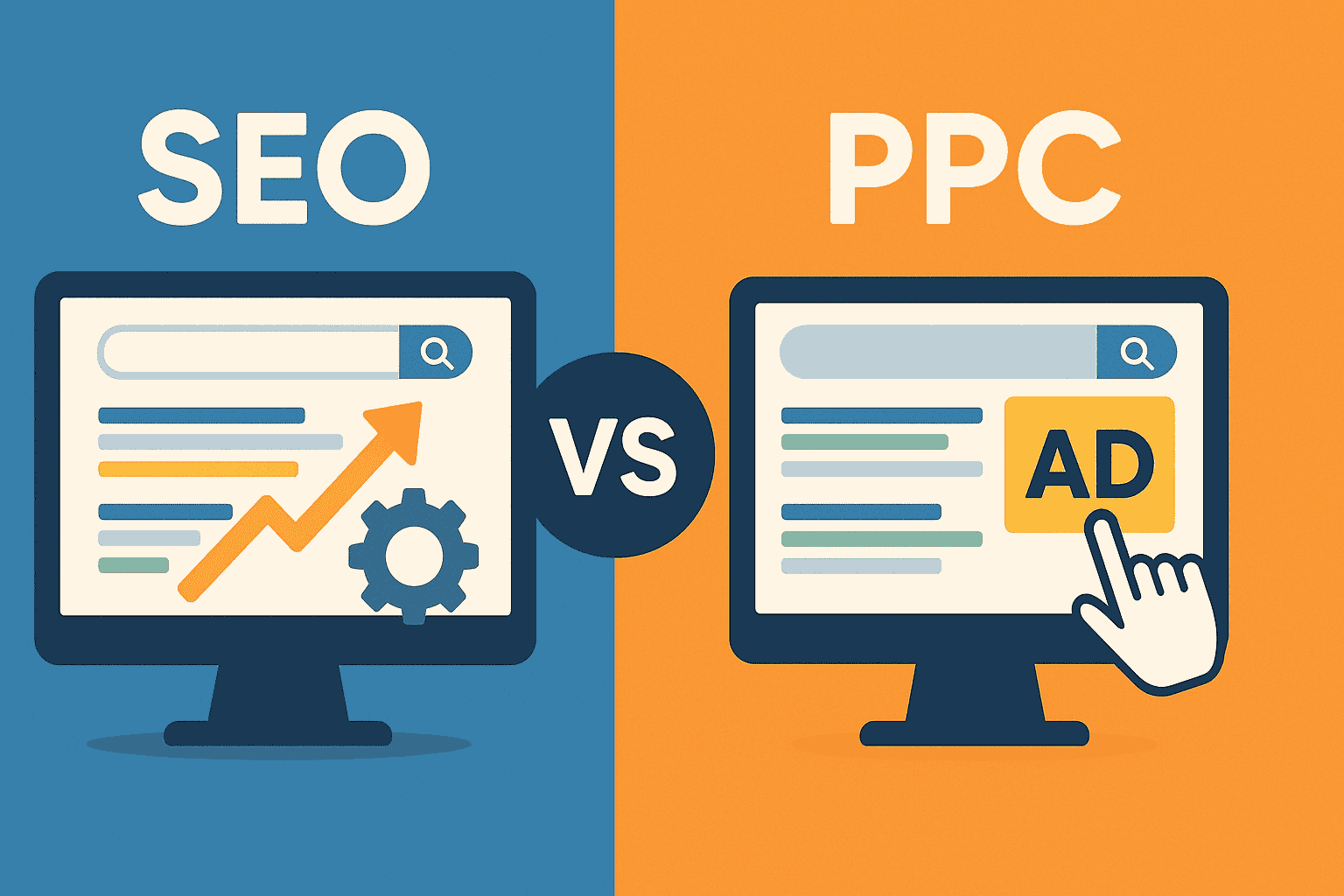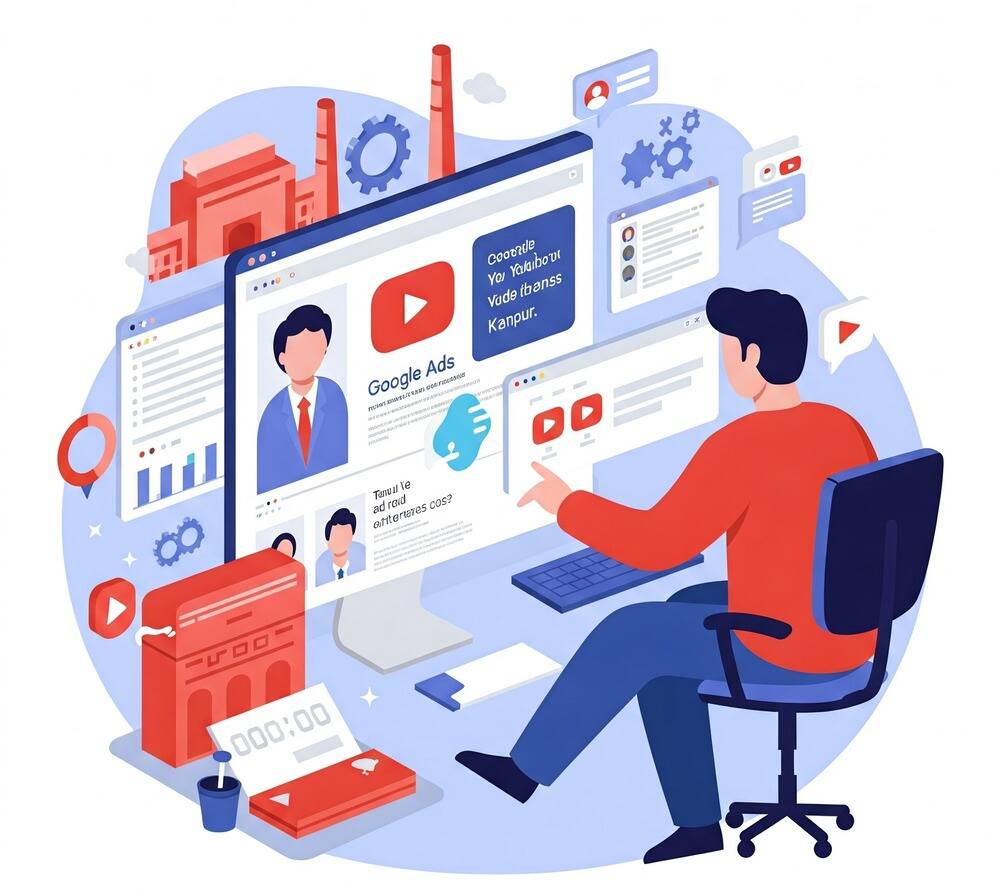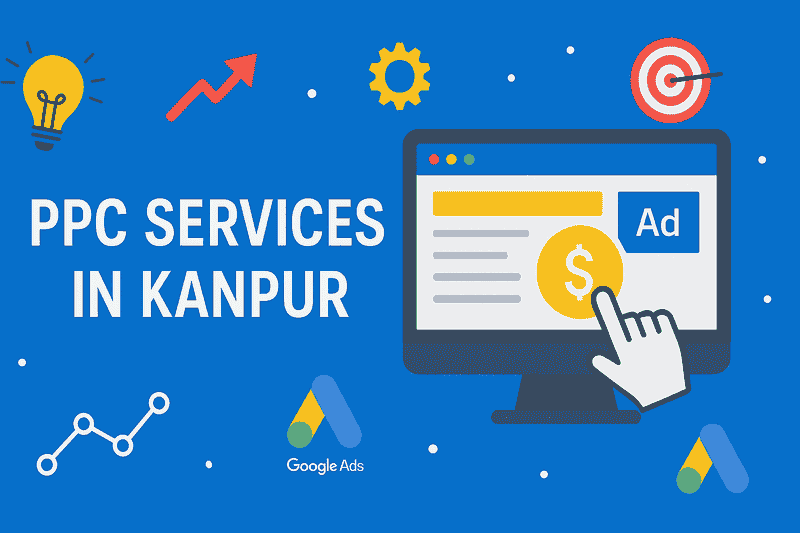What is PPC (Pay-Per-Click)? A Complete Guide for 2025
PPC (Pay-Per-Click) is an effective digital marketing approach where advertisers pay a fee for each click on their ad. It enables purchasing website visits instead of gaining them organically via SEO. A prevalent type of PPC is search engine advertising, where advertisers bid to secure ad placements in sponsored search engine links.
Also known as PPC advertising, this model is highly effective for driving targeted traffic quickly. Many businesses choose to work with a PPC agency or hire a PPC expert to manage their campaigns effectively.
PPC Explained: How It Functions, Advantages, Platforms, and Best Practices
Discover how PPC advertising works with our guide on its bidding system, benefits of PPC like instant traffic and targeted reach, top PPC platforms such as Google Ads, and best practices for PPC to optimize campaigns for maximum ROI.
How Does PPC Work?
PPC operates on a bidding system. When a user enters a search query, a real-time auction determines which ads appear and in what order. The winning ads are those with the highest Ad Rank, which is calculated using:
Bid amount
Ad Quality Score
Expected Impact of Ad Extensions and Different Ad Formats
For example, bidding $2 on a keyword means you pay $2 per click on your ad, but the auction model could lower this cost based on competition.
Key Benefits of PPC Advertising
Instant Traffic Surge: Unlike SEO, which requires time, PPC delivers immediate website traffic.
Highly Targeted: Reach users based on keywords, location, device, demographics, time of day, and more.
Measurable ROI: Every click and conversion can be tracked, allowing for precise performance analysis.
Budget Control: Set daily or monthly caps so you never spend more than intended.
Brand Exposure: Appear at the top of search engine results, even if your website is new.
Many pay-per-click services offer detailed analytics, helping you fine-tune your campaigns for maximum return on investment. If you’re looking for affordable PPC services, consider working with specialized providers that tailor strategies to your budget and goals.
Popular PPC Platforms
Google Ads PPC (formerly Google AdWords): The largest PPC platform, ideal for search and display advertising.
Microsoft Advertising (Bing Ads): A cost-effective alternative with a different user base.
Facebook Ads: While technically paid social, it uses a similar PPC model.
LinkedIn Ads, Instagram Ads, and YouTube Ads also offer PPC advertising solutions.
Best Practices for PPC Campaigns
Comprehensive Keyword Research: Leverage tools such as Google Keyword Planner or SEMrush to discover top-performing keywords.
Compelling Ad Copy: Write clear, action-oriented headlines and descriptions that drive clicks.
Landing Page Optimization: Ensure your landing page matches the ad intent and is optimized for conversions.
A/B Testing: Test different ad variations to improve click-through and conversion rates.
Monitor & Adjust: Regularly review performance metrics like CTR, CPC, and Quality Score to refine your campaigns.
PPC for Small Business
PPC for small business owners is especially impactful, offering cost-effective options to compete with larger competitors. By focusing on local targeting and niche keywords, small businesses can generate leads, build awareness, and drive sales efficiently.
Final Thoughts
Online advertising PPC is a versatile and results-driven marketing tool that complements other digital strategies like SEO, content marketing, and email campaigns. When executed well, it can deliver consistent, scalable traffic and ROI. Whether you’re a small business owner or an experienced marketer, mastering PPC in 2025 is crucial for remaining competitive in the digital arena.










